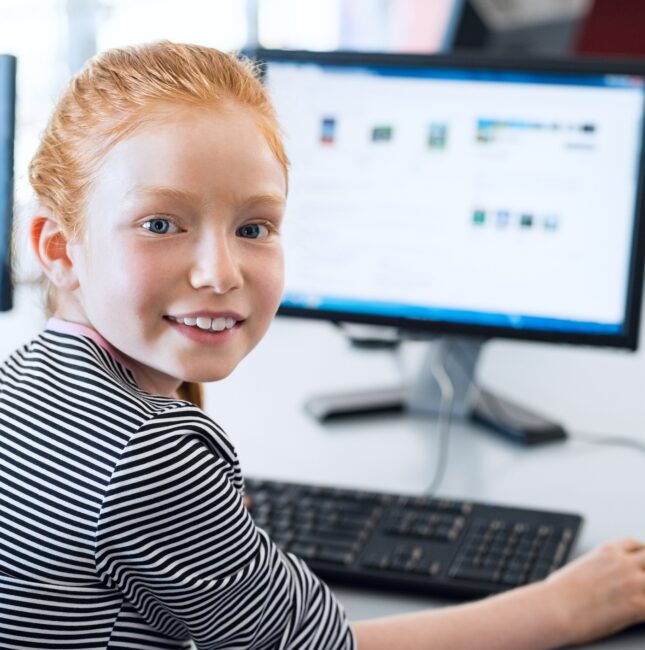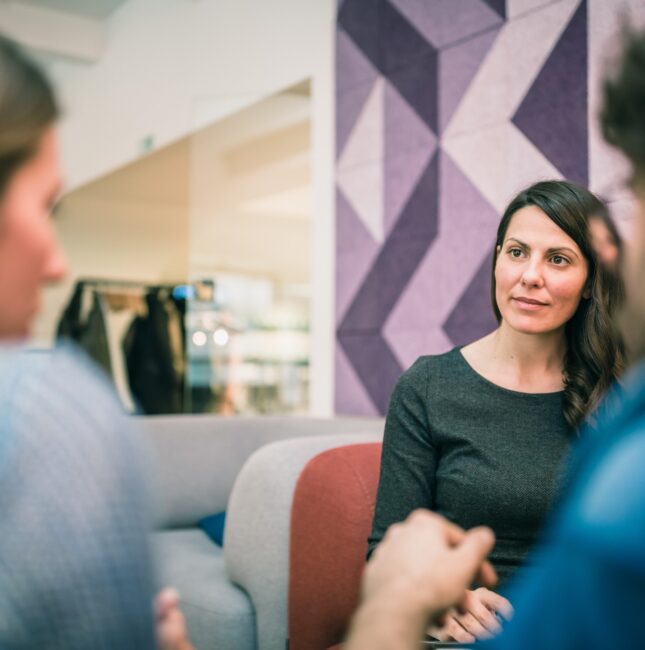Drugs, alcohol & young people – some helpful tips for parents
April 6, 2023
Experimentation with alcohol and other drugs is a part of the lives of many young people. For many parents, approaching this topic with our children can be overwhelming and uncomfortable. How young is too young to discuss drugs and alcohol with my child? What do I do if I suspect my child is using? With the drug and alcohol landscape in Australia constantly changing and the use of e-cigarettes rising, it is important for parents to stay abreast of the latest information.
Our Drug & Alcohol Youth Support (DAYSS) case workers have noticed a prevalence in young people who vape ie. use e-cigarettes.
Their observations are backed up by Australian statistics that show vaping by young people has significantly increased. In Australia, around 14% of 12 to 17-year-olds have tried a vape, with around 32% of these students having used one in the past month. Students who had vaped most commonly reported getting the last vape they had used from friends (63%), siblings (8%) or parents (7%). Around 12% of young people reported buying a e-cigarette themselves.
There are no quality or safety standards for e-cigarettes so their contents are unregulated and they may contain hazardous substances and high levels of nicotine. Some of these toxic chemicals are known to cause cancer and DNA damage and nicotine is among the most addictive substances known that can harm adolescent brain development and impair memory and concentration.
While young people are drinking less with alcohol consumption reducing in 12-17 year olds there is an increase in the use of cannabis with 16% of students having ever used cannabis.
For parents of young people, you can have a big impact on a teenager’s life and the decisions they make. Below, she shares some helpful tips for parents:
Start conversations early
It is important that you talk to your children as they get older and face new challenges. Be open, do not lecture and listen to their thoughts. It is fine to ask directly about alcohol and drug use but don’t guess that they are using drugs. Let them know that you care, and remind them of their good qualities. Young people are more likely to listen and take your advice if they feel loved and respected.
Be a good role model
Young people whose parents show they approve of underage drinking are more likely to misuse alcohol. Your own use of alcohol, cigarettes and drugs matter as young people often model their parents’ behaviours. Try to demonstrate ways to have fun and deal with problems that don’t involve drugs or alcohol.
Be involved in their lives
Regularly spend time with your teenager, get involved and show an interest in their hobbies. If they go out you can ask them where they are going and who they are going with and make this a regular part of your conversations. Get to know their friends by inviting them to your house and get to know their parents as they can provide a support network to look after the safety of your child.
Set rules and expectations about alcohol and other drugs
Discuss these rules with your child including consequences for breaking them and explain why these rules are important for their safety and wellbeing. Do not supply alcohol to your teenagers and make sure other parents who may supervise your child also know your rules. Get information about different drugs and their effects so you can have discussions with your children.
Other supports are available
The DAYSS (Drug & Alcohol Youth Support Service) program operates on the Northern Beaches and Lower North Shore and is a free and confidential service for 12–24 year olds, which can create positive change in their lives and communities. For more information, click here or call 1800 324 924.
You can also contact SDECC, Headspace, KYDS, Lifeline, your local GP or your local council for support and services.
More news stories like this one
Let’s talk about invisible disabilities
When you think of the word, ‘disability’ what do you see? Perhaps you envision someone in a wheelchair, or a person walking with a cane. The reality is that for 90% of people living with a disability in Australia, their disability is invisible.
Read MoreMediation gives Amanda & David breathing space
When Amanda first contacted CatholicCare for help with property mediation, her life was nothing short of chaotic. “You name it, it had happened,” says Family Dispute Resolution Practitioner Melanie.
Read MoreCalled to carry the cross – a Good Friday reflection
2000 years ago, there lived a man called Simon who had come to Jerusalem to celebrate the Passover Feast. When he woke up that Friday morning, ‘carrying the cross of Jesus’ was probably not on his to-do list.
Read More


